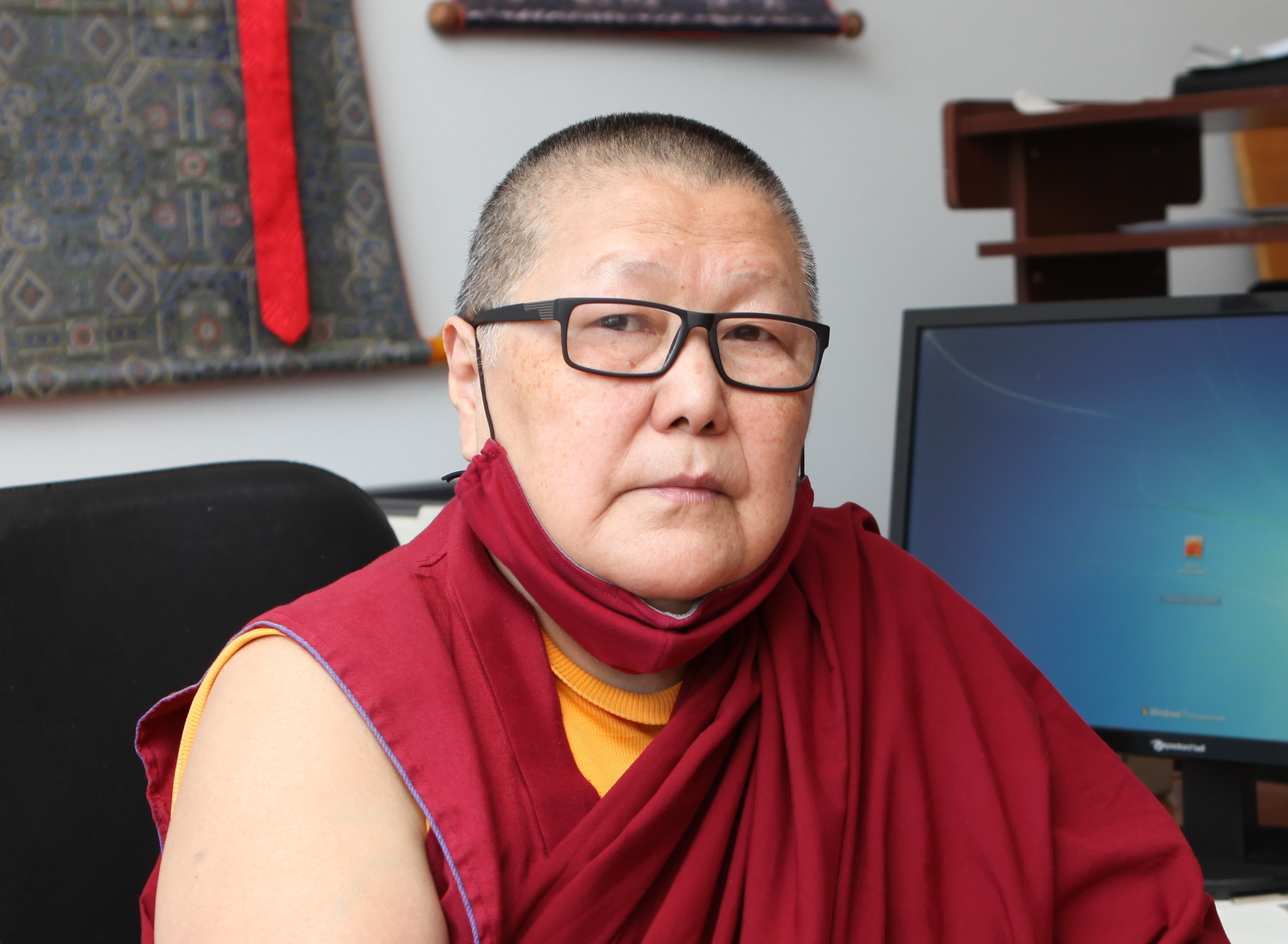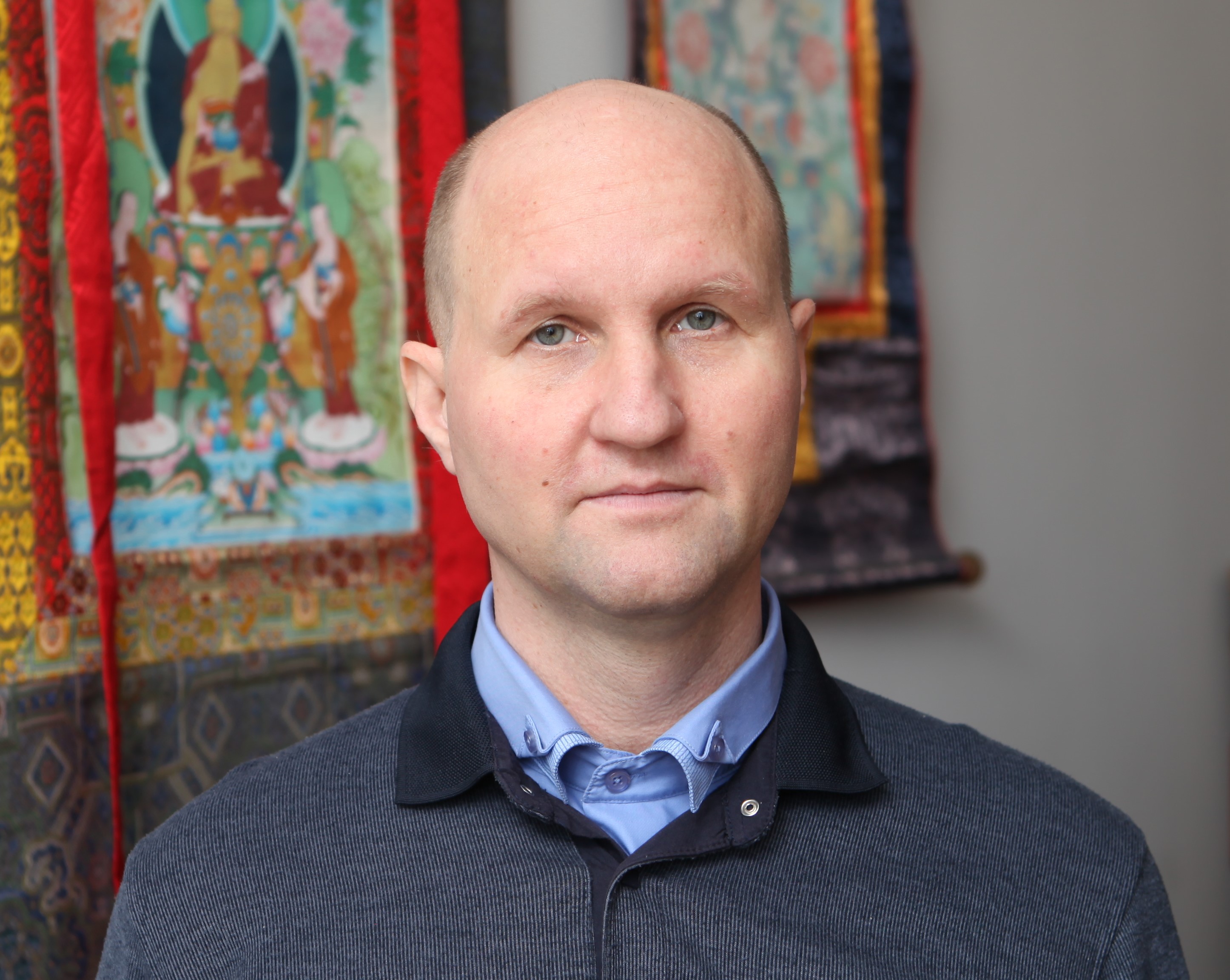The article analyzes the content of the Buddhist concept “Three Turnings of the Wheel of the Teaching”, considered as the earliest Buddhist approach, through which many teachings and practices preached by the Buddha Shakyamuni were systematized within the framework of the idea of gradualism common to Hinayana and Mahayana. This very concept of gradualism (stages), the idea of gradually teaching the Dharma and achieving liberation and enlightenment, was due to differences in the abilities and potentials of the followers, for which reason the Buddha was forced to apply skillful tricks: to preach the Dharma at different ontological levels and with indicating different soteriological goals. The identification of the path of enlightenment as a “gradual path” is not reducible to temporal periodization, but has a number of aspects: pedagogical, ontological, epistemological, soteriological, practical. The novelty lies, firstly, in the assertion that the concept of “The Three Turnings of the Dharmachakra” is a hermeneutic method and was interpreted differently in early Buddhism and in the Mahayana tradition. Secondly, this is the thesis that the “three turnings” should not be understood in the sense of their linear sequence or progressive levels, but nevertheless this concept expresses the idea of gradually mastering the Buddha's sermons about emptiness as the absolute nature of reality and gradually moving along the Path. Thirdly, the position is substantiated that the concept of the Three Turnings of the Dharmachakra is historically the first hermeneutic scheme expressing the systematization of the Buddha's Teaching, mainly on an ontological basis.
Key words: Dharma, Three Turnings of the Wheel of Dharma, gradual Path, hermeneutical schema, upaya, prajnaparamita, ontological doctrine
DOI: 10.22250/20728662_2023_3_57
About the authors
 |
Irina S. Urbanaeva – DSс in Philosophy, Principal research fellow at the Department of Philosophy, Culture and Religious Studies; Institute of Mongolian, Buddhist, and Tibetan Studies of SB RAS; 6 Sakhyanovoi str., Ulan-Ude, 670047, Russia; This email address is being protected from spambots. You need JavaScript enabled to view it. |
 |
Alexey V. Loshchenkov – PhD (Philosophy), Research fellow at the Department of Philosophy, Culture and Religious Studies; Institute of Mongolian, Buddhist, and Tibetan Studies of SB RAS; 6 Sakhyanovoi str., Ulan-Ude, 670047, Russia; This email address is being protected from spambots. You need JavaScript enabled to view it.. |






